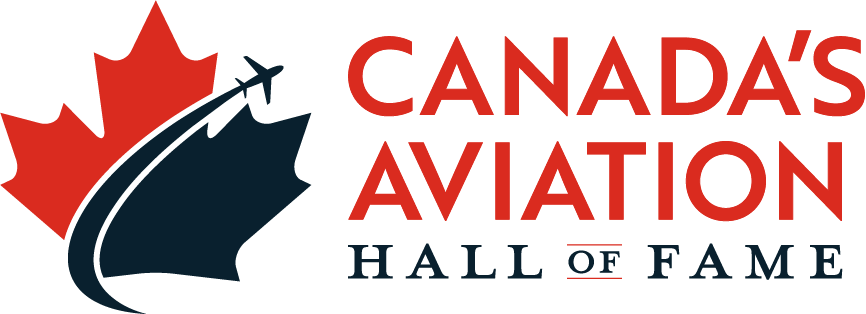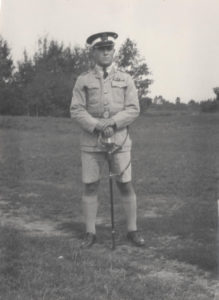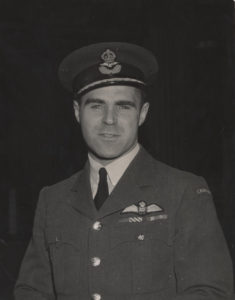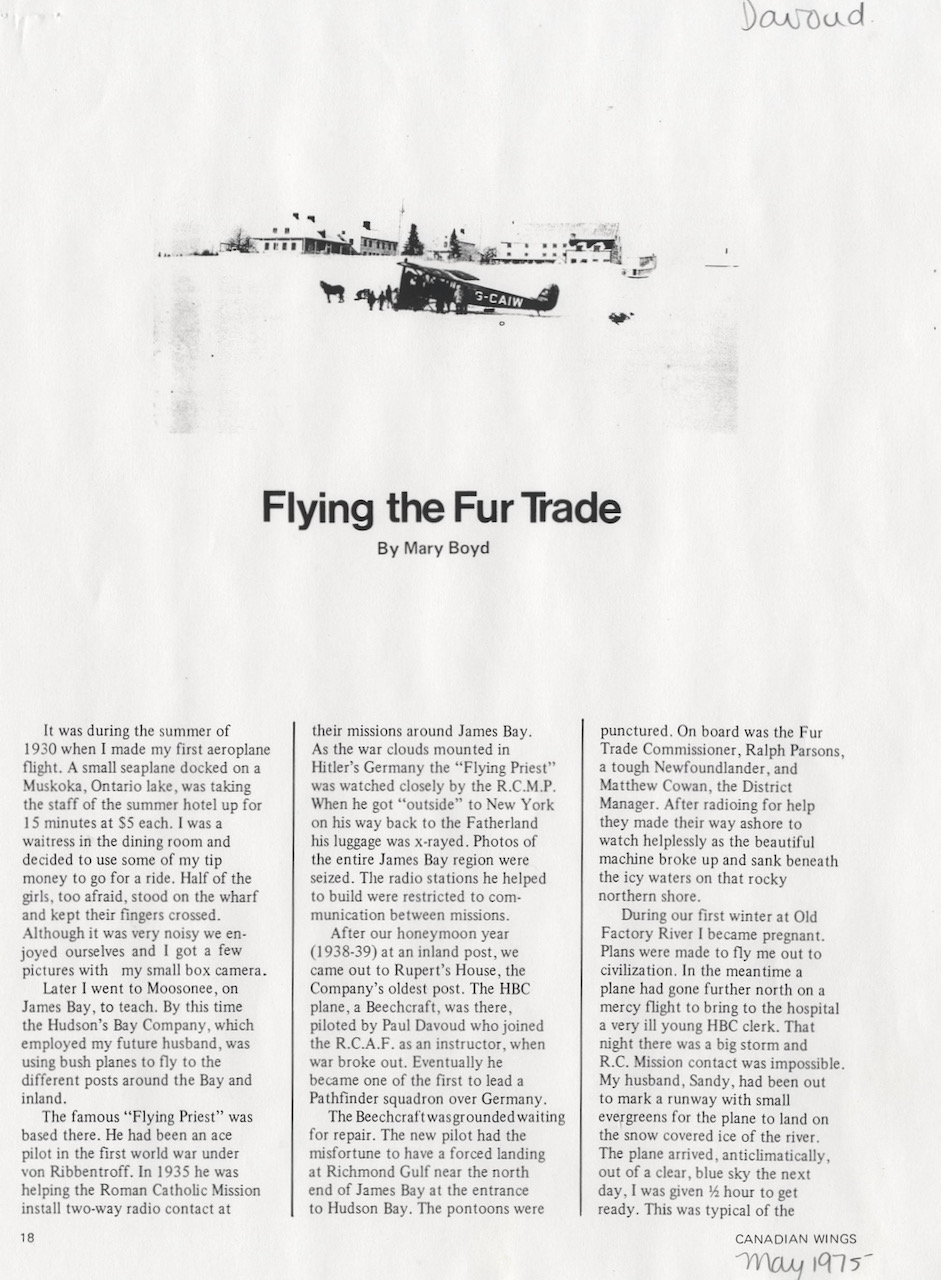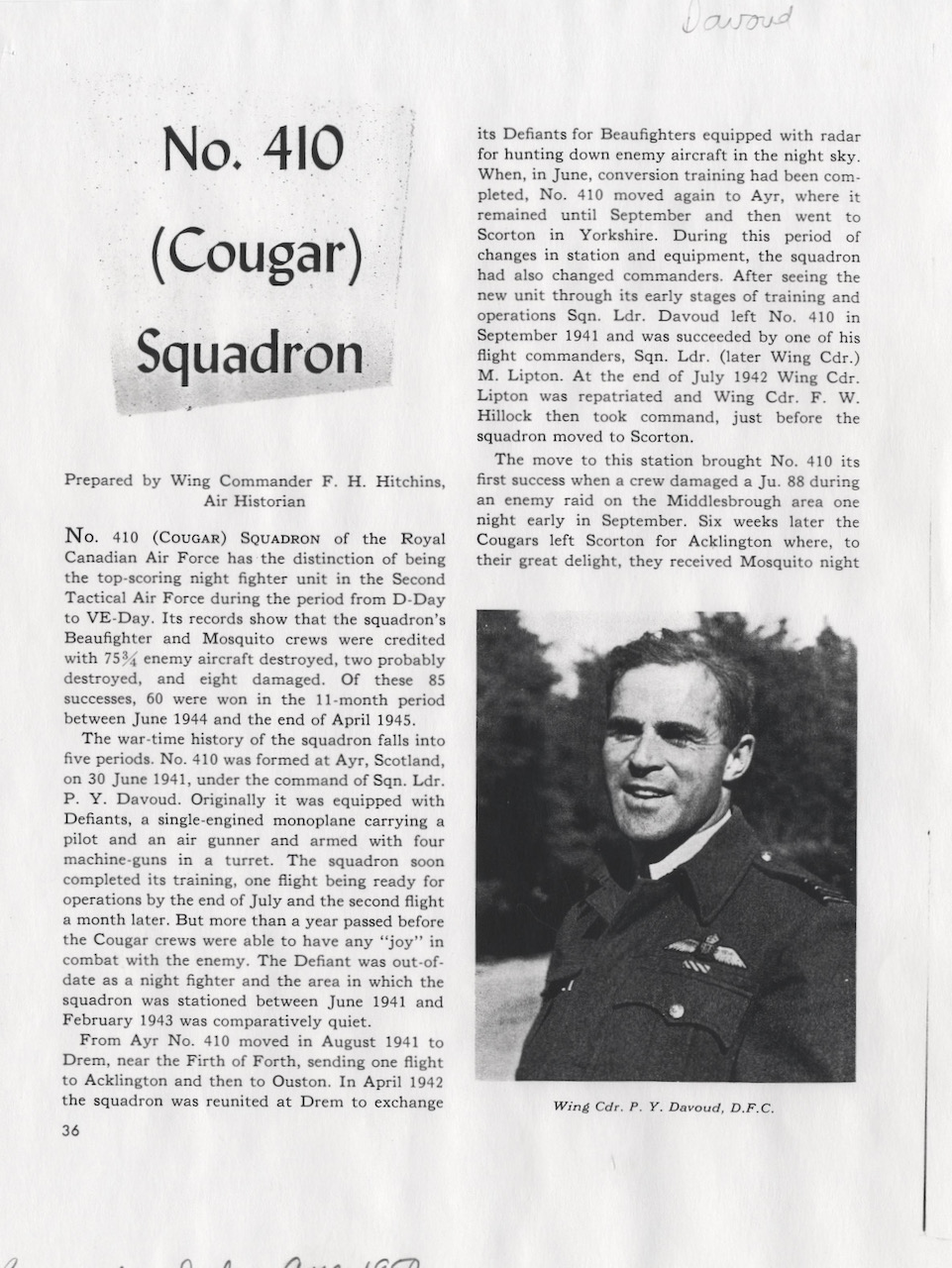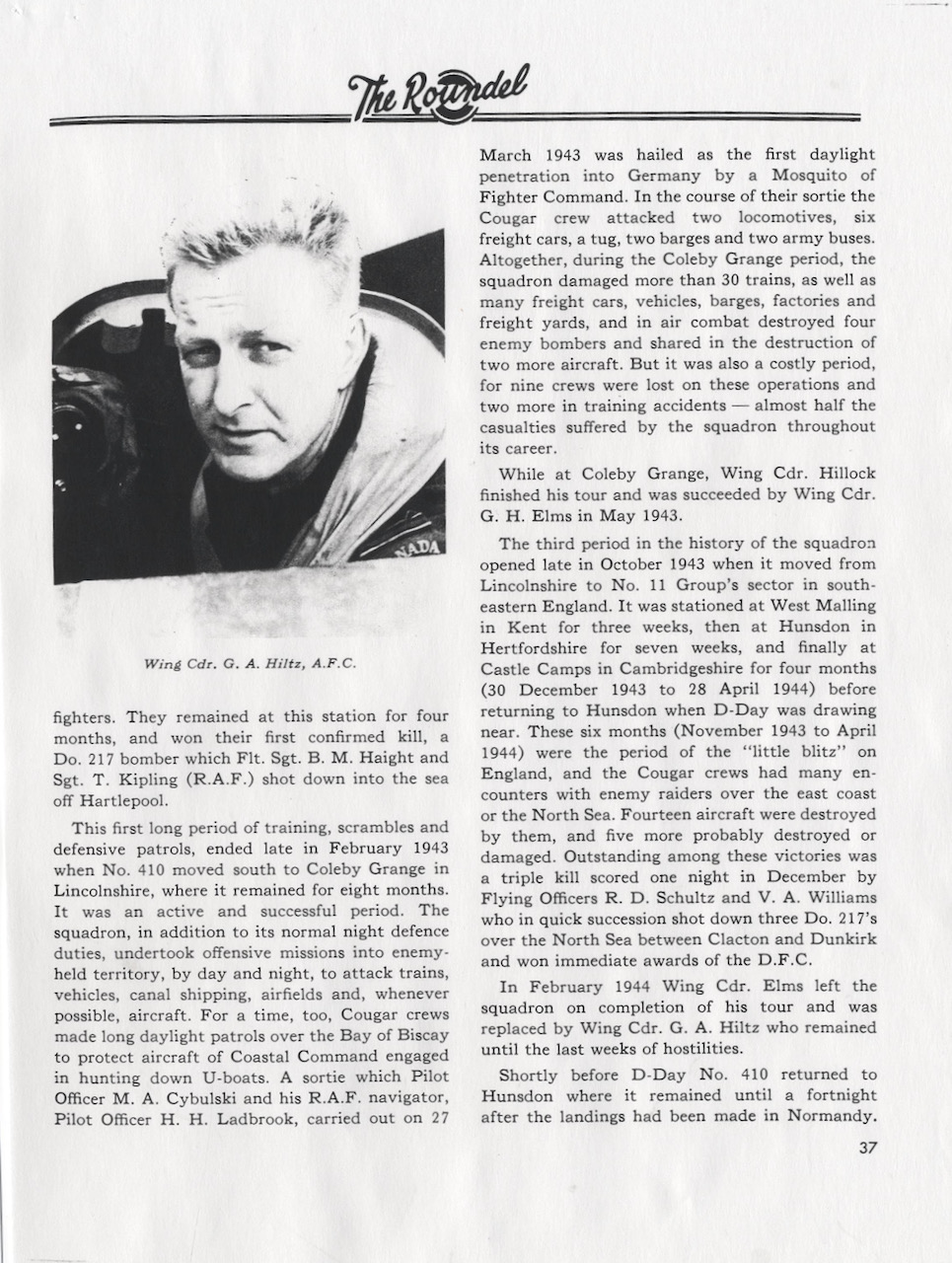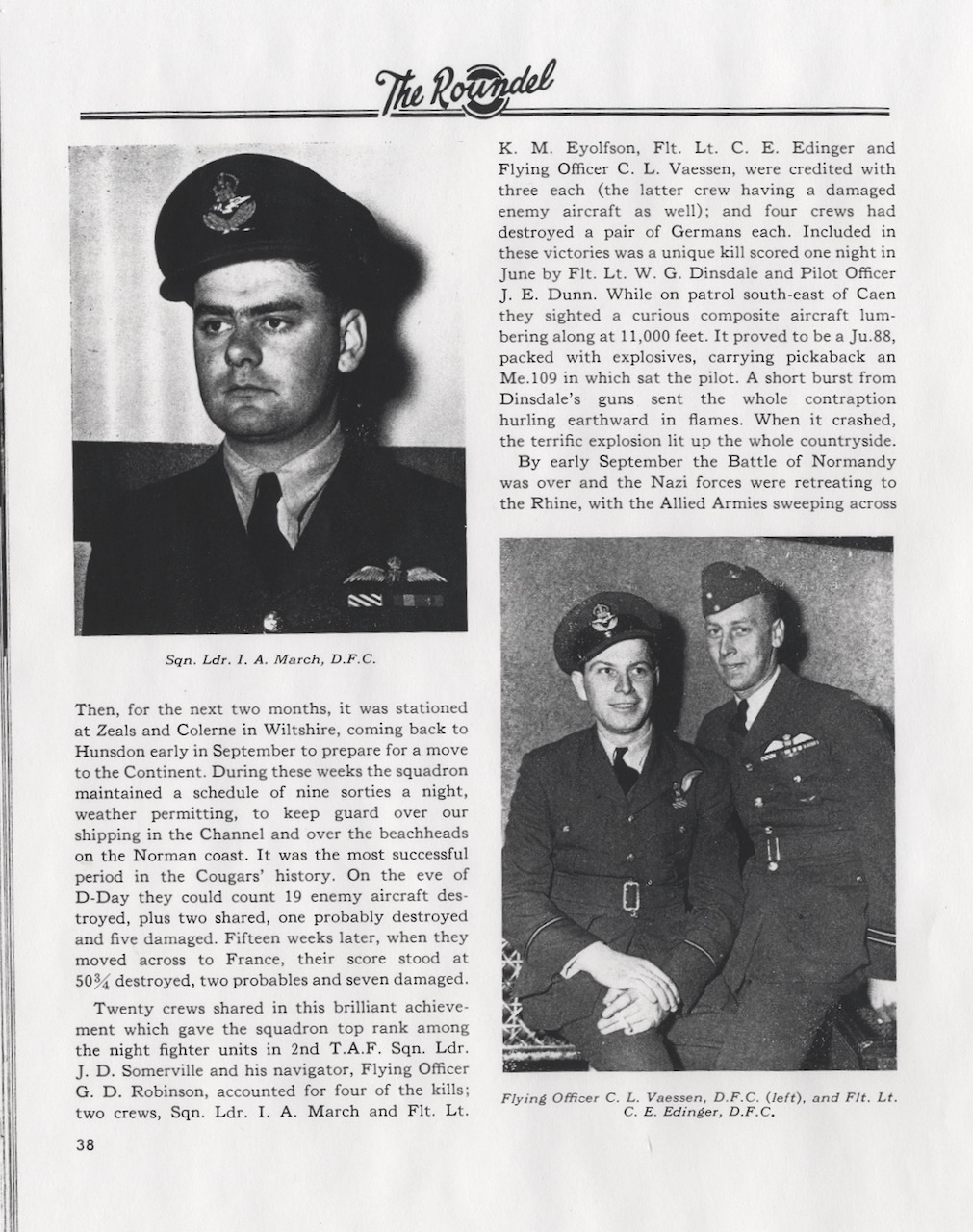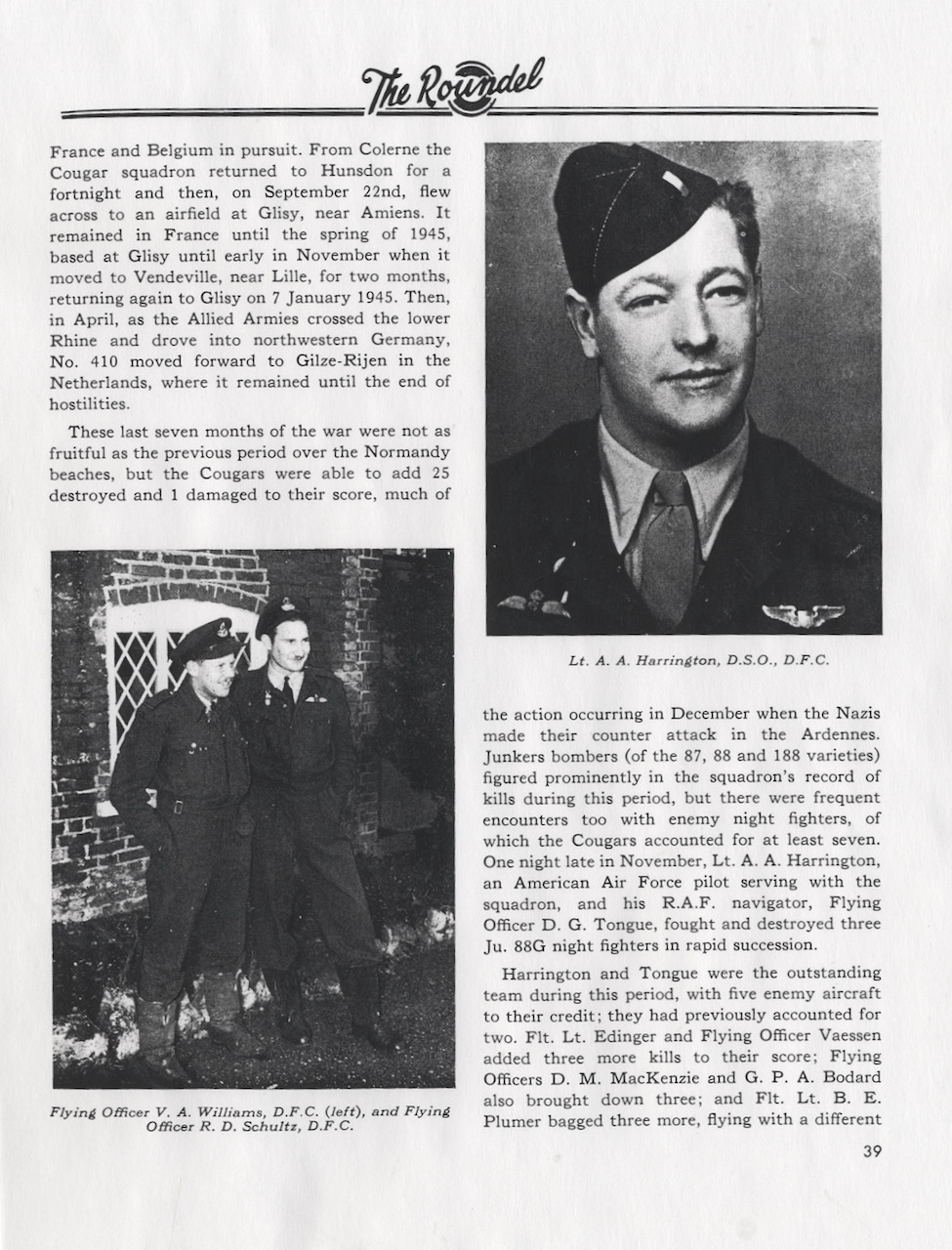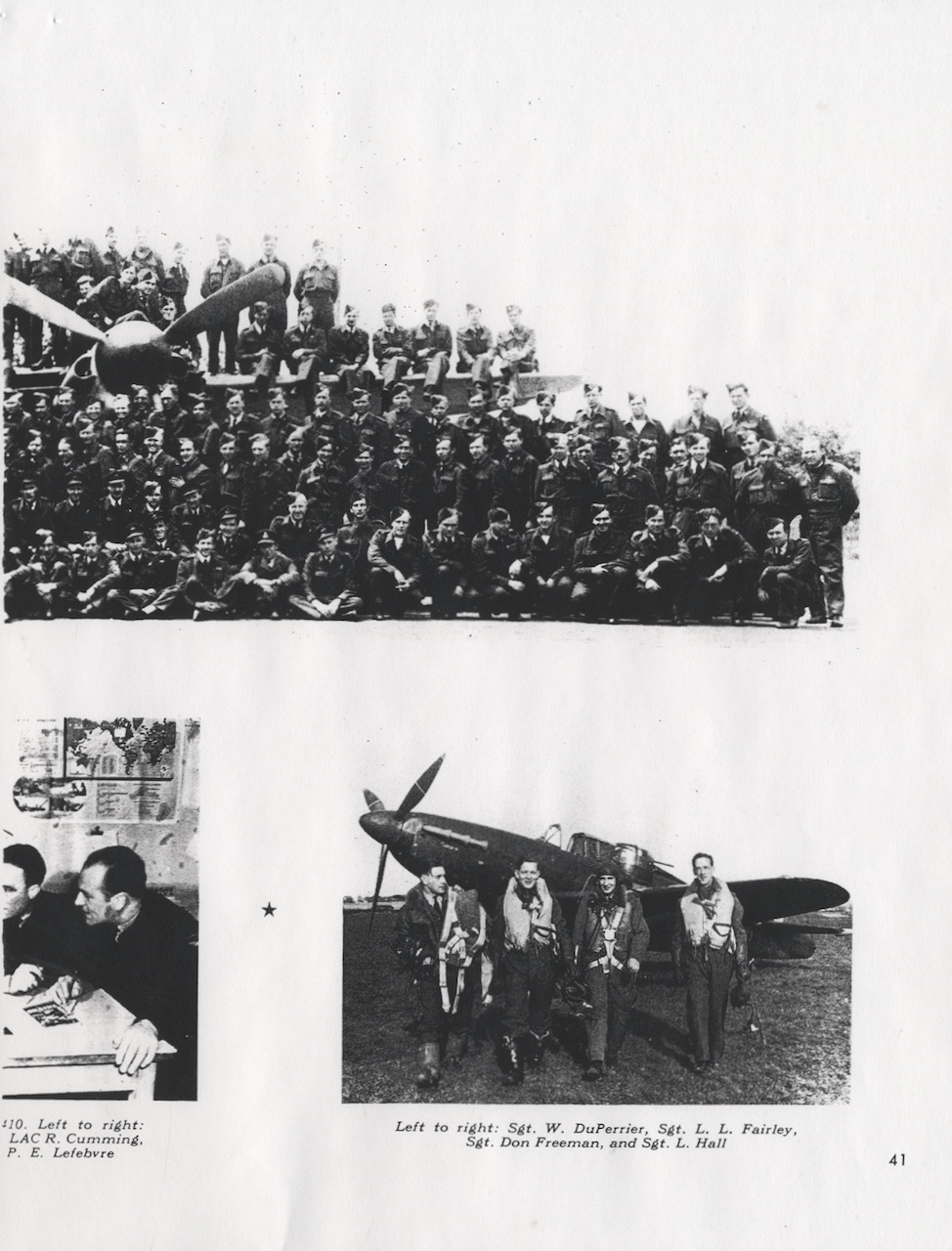Paul Yettvart Davoud
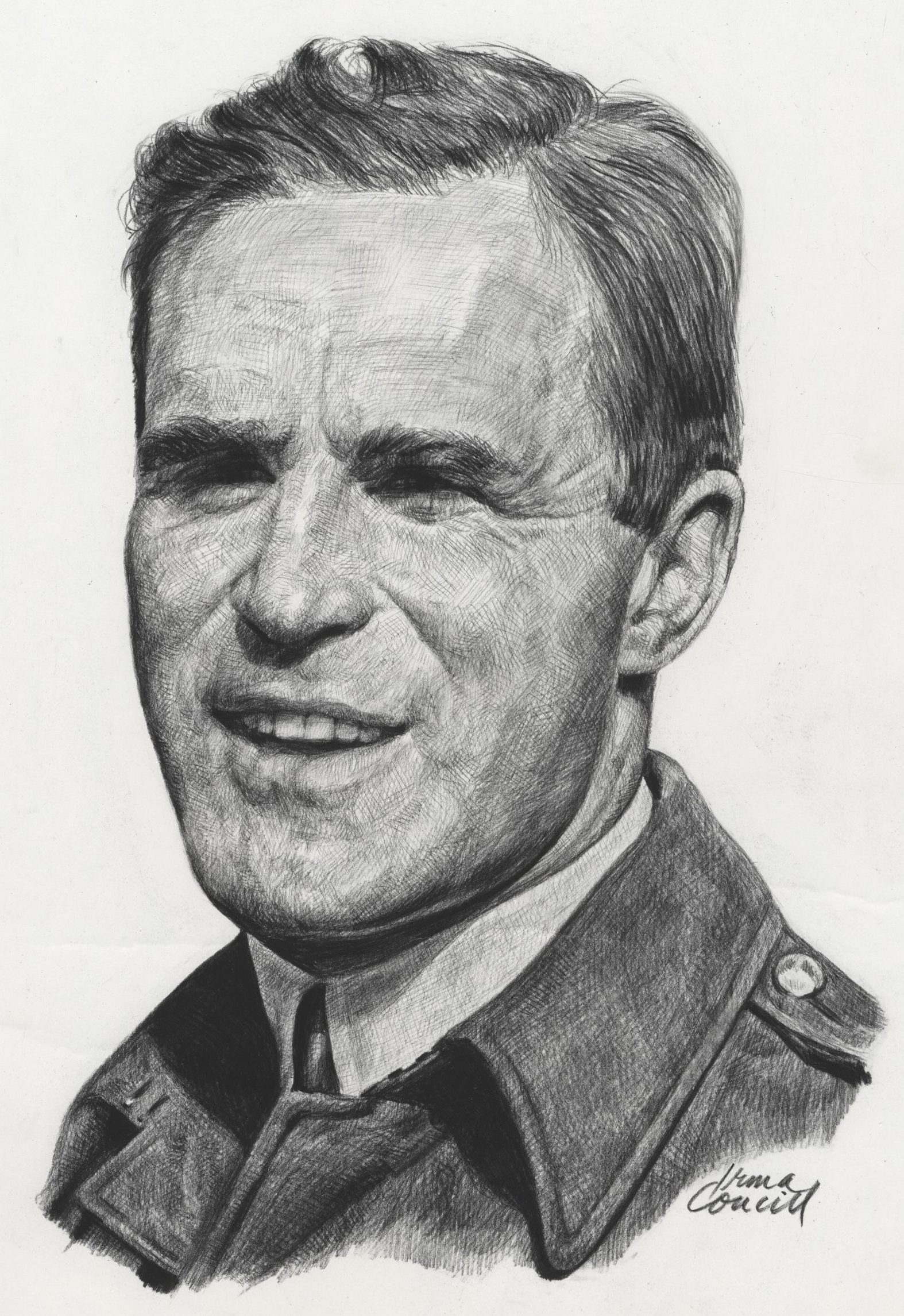
Birth Date: November 25, 1911
Birthplace: Provo, Utah, USA
Death Date: March 24, 1987
Year Inducted: 1985
Awards: DSO; DFC; OBE; Croix de Guerre with Palm Leaf (France); Legion of Honour (France); Order of Orange Nassau (Netherlands)
The application of his exceptional skills as a pilot in peace and war and as an outstanding leader in military and civil aviation have been of superior benefit of Canadian aviation
The Best All-Round Cadet
Paul Yettvart Davoud, O.B.E., D.S.O., D.F.C., was born in Provo, Utah, U.S.A., on November 25, 1911. Upon his father's death, his mother moved the family to her home in Kingston, Ontario. Davoud attended Royal Military College at Kingston from 1928 to 1932. During the summers of 1929 through 1931 he trained at Royal Canadian Air Force (RCAF) Station Camp Borden, Ontario. At the conclusion of the summer of 1931 he became a Provisional Pilot Officer and was awarded the Sword of Honour as the best all-round cadet.
The RCAF was not offering many permanent commissions in the early 1930's so Davoud went to England and obtained a permanent commission with the Royal Air Force (RAF), where he remained until 1935. In that year he received an offer from James A. Richardson of Winnipeg, Manitoba, to join Canadian Airways Ltd. He returned to Canada and flew for that company from 1935 to 1938. In 1938 he joined the Hudson's Bay Company as a bush pilot and organized and operated an air transport service for the fur trade department throughout the Canadian north until 1940.
Joining the RCAF
Davoud joined the RCAF in 1940 and was posted to Trenton, Ontario, as Assistant Chief Flying Instructor. He proceeded to the United Kingdom in June of 1941 and was assigned the rank of Squadron Leader to form 410 Night Fighter Squadron. One month later, as Wing Commander, he was appointed Commanding Officer of 409 Night Fighter Squadron which operated Bristol Beaufighter and later de Havilland Mosquito aircraft. He destroyed his first enemy aircraft, a Dornier 217, over the North Sea in November of 1941. In February 1943, he crashed due to sudden engine failure while landing a Beaufighter. He was badly burned on his face and hands but was able to return to operations four months later.
418 Squadron
In June of 1943 Davoud was the first Canadian to command 418 (City of Edmonton) Squadron, which had just been equipped with de Havilland Mosquitos. When Davoud left the squadron in January 1944, it was becoming the top scoring fighter squadron, night and day, in the RCAF. During the time he commanded night fighters he was awarded the Distinguished Service Order (D.S.O.) and the Distinguished Flying Cross (D.F.C.). One citation reads: "a forceful and courageous leader whose personal example and exceptional ability have been reflected in the fine fighting qualities and efficiency of the squadron he commanded."
Davoud's squadron became known for saving countless lives in Britain by shooting down V-l 'buzz-bombs'. They also succeeded in pursuing and altering the direction of many more of these weapons.
143 Fighter Bomb Wing
In February 1944, Davoud was promoted to Group Captain and given command of 143 Fighter Bomb Wing, comprising three squadrons of Hawker Typhoons. The Typhoon, with its four 20-mm cannon, plus either eight 60 Ib. rockets or two 1,000 Ib. bombs, proved to be the most formidable fighter/bomber in the allied air forces and provided effective close support to the allied armies in Normandy and across northwestern Europe. In April 1944, Davoud gave a demonstration of the Hawker Typhoon to General Dwight Elsenhower, Supreme Commander of the Allied Expeditionary Force, 1943-45, who was so impressed with its enormous firepower that he wrote a letter of appreciation to Davoud.
Just prior to leaving the RCAF, Davoud was made an Officer of the Order of the British Empire (O.B.E. Military). The Dutch government made him a Commander of the Order of Orange Nassau and the French awarded him the Croix de Guerre with Palm Leaf, and the Legion of Honour.
New Opportunities
In 1945 Davoud, Gordon McGregor and Earnest Moncrieff, were chosen by C.D. Howe for senior positions with Trans-Canada Airlines because of their distinguished records in the RCAF. Davoud was named assistant to John Tudhope, who was Operations Manager for TCA at Winnipeg. In 1948 he was employed by the Canadian Breweries/Argus Corporation to establish their extensive air service. In 1951 he became General Manager of Field Aviation and its associated company, Kenting Aviation. In 1954 he became Vice-President, Sales and Service at Orenda Engines Ltd., at that time Canada's leading aircraft engine manufacturer. Five years later, the cancellation of the Avro Arrow, which was to use the new Orenda Iroquois engine, put him out of work.
Government Work
In 1959 the Federal Government selected him to be Chairman of the Air Transport Board for a five year term, 1959 to 1963. Upon completion of his term he joined de Havilland Aircraft as Vice-President of Sales, a position he held for the next seven years. In 1971 Davoud was hired by the government of Ontario as the Director of Aviation Services for the Ministry of Transportation and Communications. He held this position until he retired in 1978. He died at Kingston, Ontario on March 19, 1987.
In 1971 the Canadian Forces honoured Paul Davoud by naming their public school on the base at North Bay, Ontario, the "Paul Davoud School'.
Paul Yettvart Davoud was inducted as a Member of Canada's Aviation Hall of Fame in 1985 at a ceremony held in Edmonton, Alberta.
News Stories
To return to the Inductee Page, please click here.
